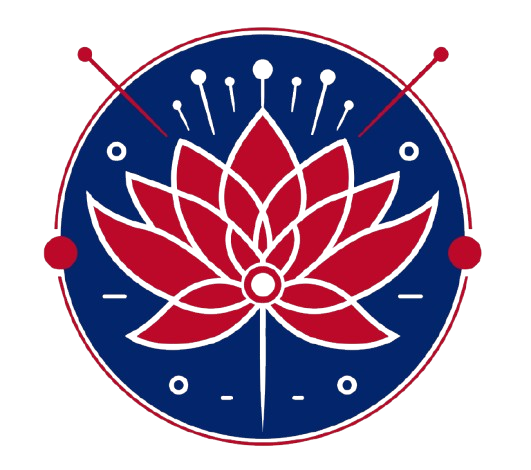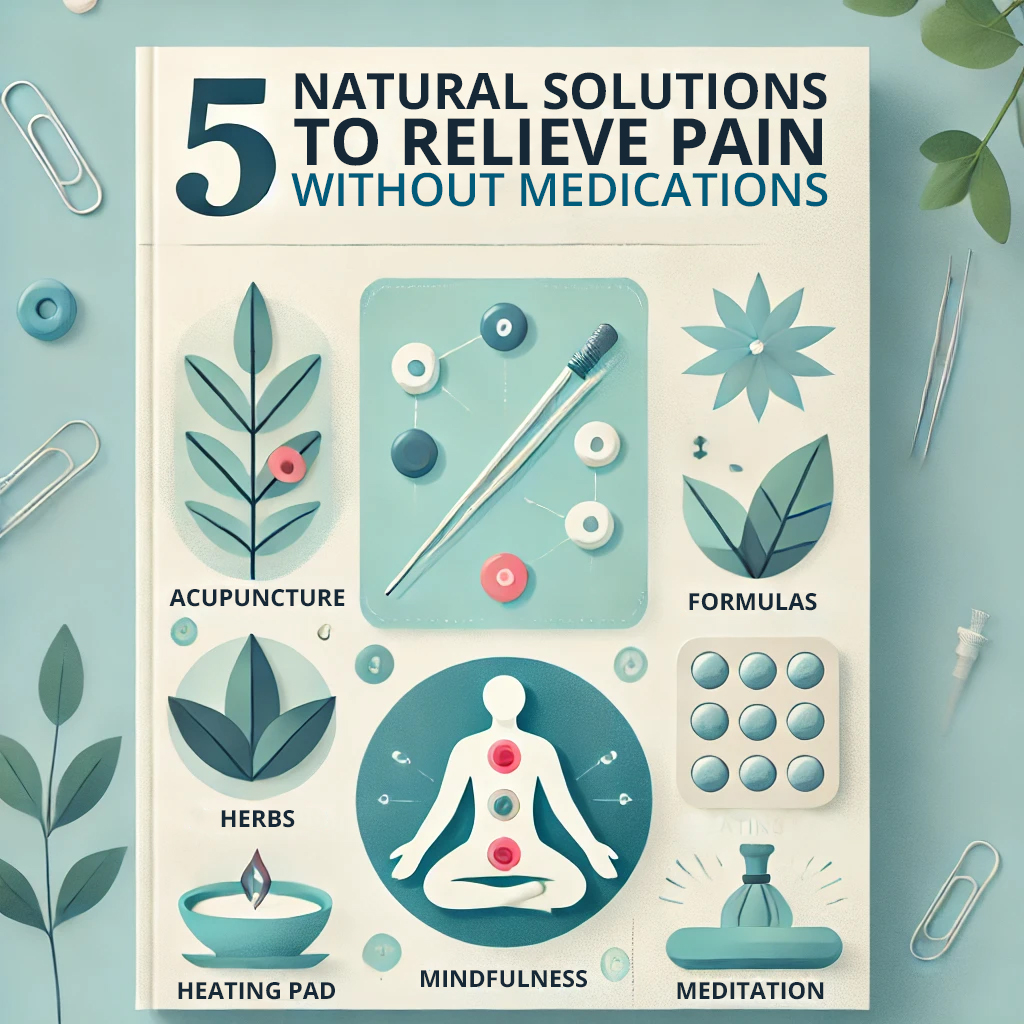You’re not alone in your struggles with overactive bladder (OAB) and its devastating impact on your mental health, as many in St. Petersburg are seeking support to break free from the cycle of anxiety, depression, and social isolation that often accompanies this condition. OAB’s sudden urges and frequent trips to the bathroom can disrupt your daily life, affecting your self-esteem and confidence. Understanding the connection between OAB and mental health is key to finding relief. You’ll find a wealth of information and resources ahead, from holistic treatment options and coping mechanisms to local support groups and mental health services in St. Petersburg, guiding you towards a path of healing and empowerment.
Key Takeaways
- Overactive bladder is linked to mental health issues like anxiety and depression, which can be addressed through cognitive-behavioral therapy (CBT) and support groups.
- Pelvic floor exercises, mindfulness practices, and lifestyle modifications can help alleviate OAB symptoms and reduce anxiety.
- Mental health services in St. Petersburg provide support for coping with anxiety and depression associated with overactive bladder.
- Community resources and support groups in St. Petersburg create a network for individuals to share experiences and find emotional support.
Understanding Overactive Bladder
You’re probably no stranger to the sudden, uncontrollable urge to rush to the bathroom, experiencing the frustration of frequent trips to the loo, or dealing with the embarrassment of accidental leaks. An overactive bladder (OAB) can greatly disrupt your daily life, causing sleep disturbances and affecting your overall quality of life. Like insomnia, which affects approximately 30% of adults, OAB can also lead to mental health issues like anxiety and depression if left unaddressed insomnia’s effects on mental health. Additionally, ignoring OAB symptoms can lead to daytime fatigue, impairing cognitive function and decreasing productivity. The condition is characterized by a sudden urge to urinate, increased frequency of urination, and, in some cases, involuntary leakage of urine. Aging, neurological disorders, diabetes, urinary tract infections, and lifestyle factors like caffeine and alcohol consumption can all contribute to OAB. If you’re struggling with OAB, you’re not alone. Fortunately, there are various treatments available to help manage urinary symptoms, ranging from lifestyle modifications and behavioral therapy to medications and advanced therapies. By understanding the causes and symptoms of OAB, you can take the first step towards finding a solution that improves your quality of life and reduces the frustration and embarrassment associated with this condition.
Mental Health Implications
As you navigate the challenges of an overactive bladder, it’s not just your physical well-being that’s affected. The emotional toll of frequent urination, urgency, and accidents can be overwhelming. Heightened anxiety and depression are common companions to OAB, fueled by the unpredictability and embarrassment of symptoms.
| Mental Health Impact | Physical Symptom | Effect on Daily Life |
|---|---|---|
| Anxiety | Frequent urination | Avoidance of social situations |
| Depression | Urgency | Decreased quality of life |
| Social Isolation | Accidents | Withdrawal from activities |
| Chronic Fatigue | Disrupted sleep | Cognitive impairments |
The constant need to urinate disrupts sleep patterns, leading to chronic fatigue and cognitive impairments, which further exacerbate mental health issues. Studies show that over 50% of patients with OAB report feelings of social isolation and decreased quality of life related to their urinary symptoms. Early treatment of OAB is essential, as it can positively impact mental health outcomes. By addressing both physical and psychological aspects of the condition, you can regain control and improve your overall well-being. Remember, treatment options are available to help you overcome the challenges of OAB and restore your mental health.
Holistic Treatment Options
When grappling with overactive bladder (OAB), finding a treatment approach that addresses both physical and emotional aspects of the condition is essential. You don’t have to rely on medication or surgery; holistic treatment options can offer a more natural and empowering way to manage your symptoms. By making lifestyle changes, such as dietary adjustments and stress management techniques, you can reduce symptoms and improve your mental well-being. For instance, stress and anxiety can exacerbate physical discomfort, similar to how Acupuncture’s Role in addressing neck pain can lead to substantial improvements. Pelvic floor exercises can also help alleviate OAB symptoms and strengthen your pelvic muscles. Integrating mindfulness practices like meditation and yoga can help you cope with stress and anxiety associated with OAB, benefiting both your bladder control and mental health. Cognitive-behavioral therapy (CBT) can help you manage anxiety and develop better coping strategies. Additionally, support groups and counseling can provide emotional support, fostering a sense of community and shared experience that can enhance your mental health. By taking a holistic approach to your treatment, you can experience better overall outcomes and improved quality of life.
Coping Mechanisms for OAB
Managing overactive bladder (OAB) requires a thorough approach that incorporates both physical and emotional coping mechanisms. By incorporating these strategies, you can take control of your pelvic health and reduce the urge to urinate. To maintain a healthy urinary system, start by engaging in pelvic floor exercises, such as Kegels, to strengthen bladder control and reduce feelings of urgency. Keeping a bladder diary can help you identify triggers and develop better management strategies. In addition, addressing underlying genitourinary issues, such as urinary tract infections, can also play an essential role in OAB management. Mindfulness techniques, like meditation or deep-breathing exercises, can alleviate anxiety and stress, which may exacerbate OAB symptoms. You don’t have to face this alone – joining support groups or communities for individuals with OAB can provide emotional support and practical coping strategies. Additionally, utilizing scheduled bathroom breaks can help train your bladder and improve control, leading to increased confidence and a better quality of life. With these options available for overactive bladder, you can find a holistic approach that works for you. By incorporating these coping mechanisms into your daily routine, you can regain control of your life and improve your overall well-being.
Support in St. Petersburg
Your journey to overcome overactive bladder (OAB) takes a significant step forward in St. Petersburg, where you’ll find a network of support to address the emotional and psychological impacts of this condition.
Mental health services are available to help you cope with anxiety, depression, and other emotional challenges that can arise from managing OAB symptoms. Acupuncture, a recognized complementary therapy natural pain relief, can also be used to address related pain and discomfort. Community resources and support groups provide a platform to share experiences and coping strategies, fostering a supportive network for mental well-being.
In St. Petersburg, you’ll have access to multidisciplinary care teams that address both the physical and mental health aspects of living with OAB. This extensive treatment approach will help you regain control over your life. By tapping into these resources, you’ll find the support you need to overcome the emotional and psychological burdens of OAB.
Frequently Asked Questions
What Is the Psychological Treatment for Overactive Bladder?
You can find relief from overactive bladder symptoms through psychological treatments like cognitive-behavioral therapy, mindfulness, and relaxation techniques, which help you manage anxiety and stress, and even biofeedback therapy to gain control over your bladder function.
What Calms Down an Overactive Bladder?
I know it’s frustrating to feel like your bladder’s in control, but you’re not alone! To calm down an overactive bladder, you can try stress-reducing techniques like mindfulness, pelvic floor exercises, and establishing a consistent bathroom schedule – you got this!
How to Stop Overactive Bladder From Anxiety?
You can stop overactive bladder symptoms triggered by anxiety by practicing relaxation techniques like deep breathing, mindfulness, and meditation, which help calm your mind and body, reducing urinary frequency and urgency.
What Is the Latest Drug for Overactive Bladder?
You’re seeking the latest solution for overactive bladder! The newest drug on the block is vibegron, a beta-3 adrenergic agonist that relaxes the bladder and increases storage capacity, reducing frequency and urgency with a gentle side effect profile.
Conclusion
As you take a deep breath, feeling the weight of OAB slowly lift, you realize it’s no coincidence that you stumbled upon this information today. Maybe it’s because you were meant to know that there’s a way out, that you’re not alone, and that a holistic approach to treating OAB is within reach. In St. Petersburg, a renewed sense of hope and control awaits. You’re one step closer to breaking free from the grip of OAB and reclaiming your life.
Start Your Health Transformation
At Elite Care Acupuncture & Alternative Medicine, we’re dedicated to helping you achieve your best health with tailored, holistic care. Whether you’re seeking pain relief, stress management, or natural health solutions, our expert team is here to guide your journey to wellness.
Connect with Us:
Address:
11105 7th Avenue North, Saint Petersburg, FL 33705
Phone: +1 (727) 606-8700
Website: www.EliteCare.clinic



